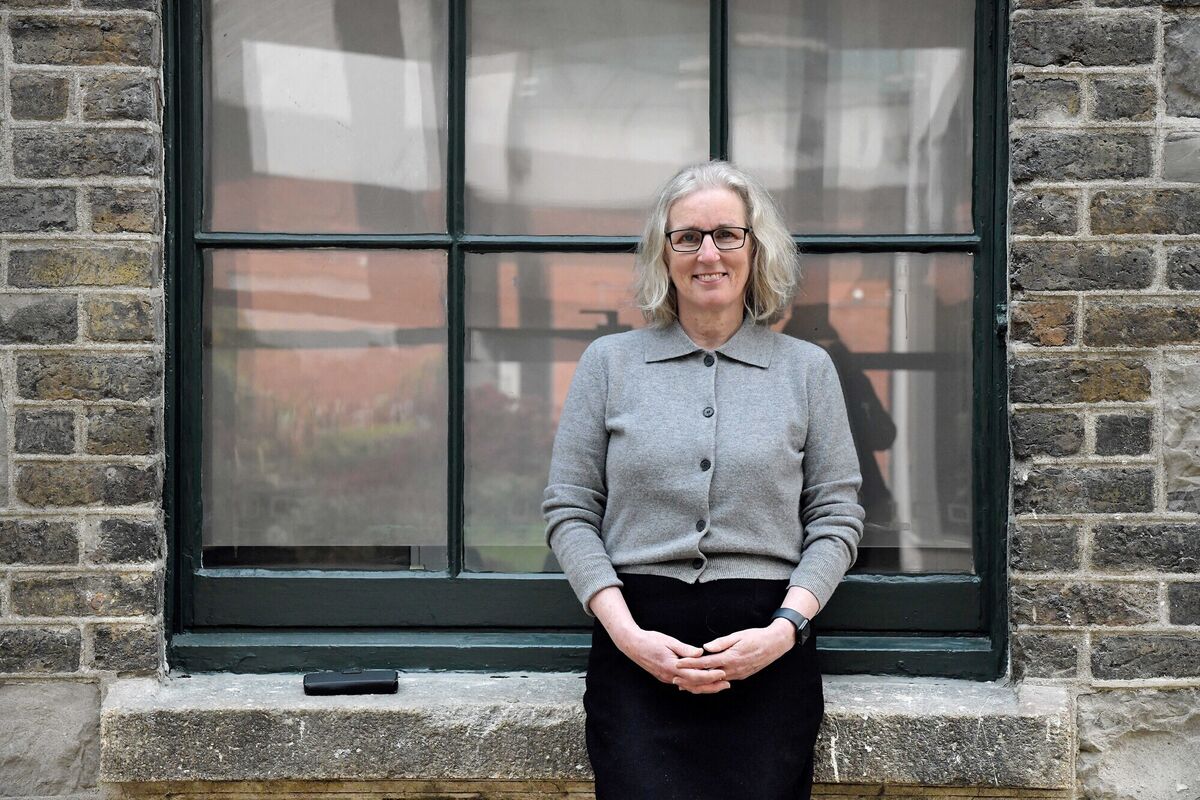Women in medicine on progress in women’s healthcare — and what still needs to be done
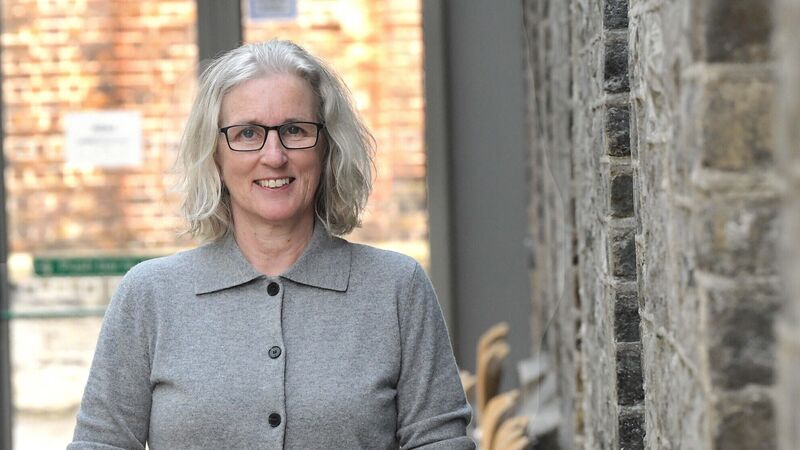
Dr Susan Smith: “Research tells us these women’s lifestyles are too busy for them even to think of going to the doctor. And this doesn’t only impact their health in menopause. It also negatively impacts other health outcomes." Picture: Moya Nolan.
Dr Cliona Murphy is chair of the Institute of Obstetricians and Gynaecologists. She started working in this field 27 years ago and remembers it as a different time.
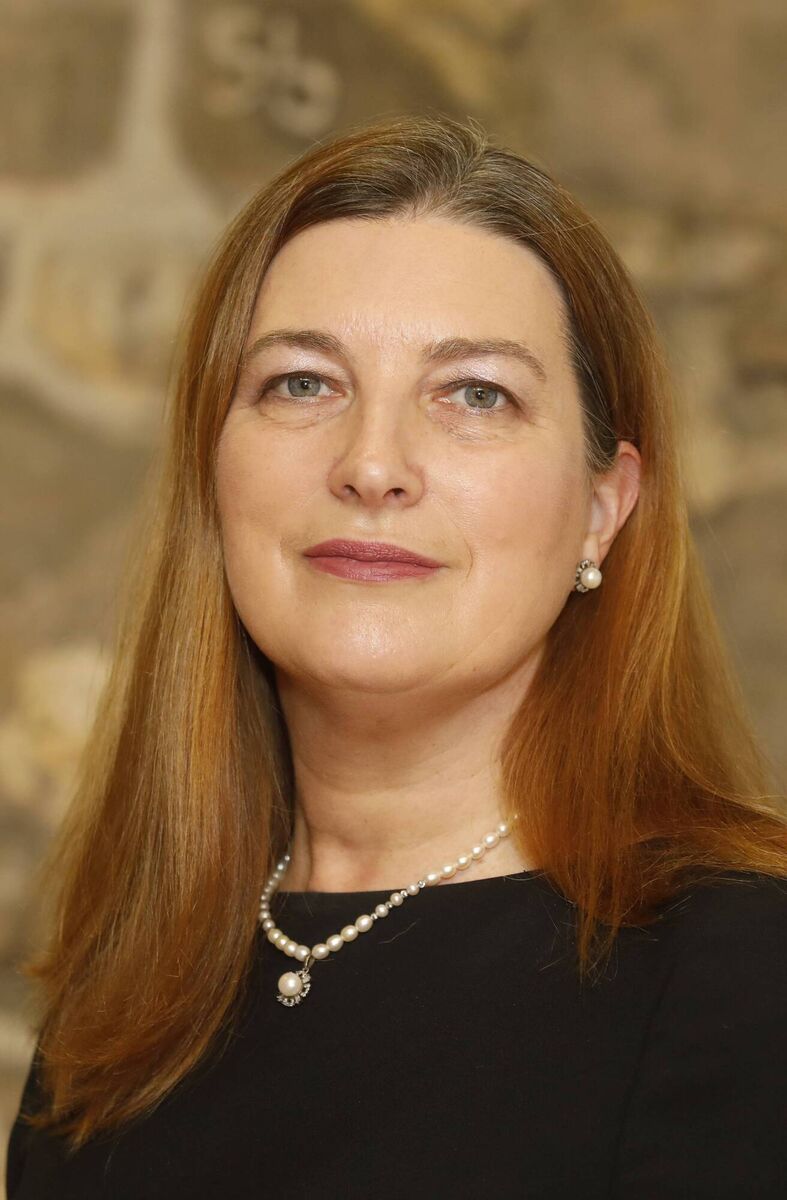
Dr Deirdre Lundy is the clinical lead of the complex menopause clinic in the National Maternity Hospital in Dublin. Thinking back 25 years, she recalls an era when “women’s health wasn’t taken seriously at all”.
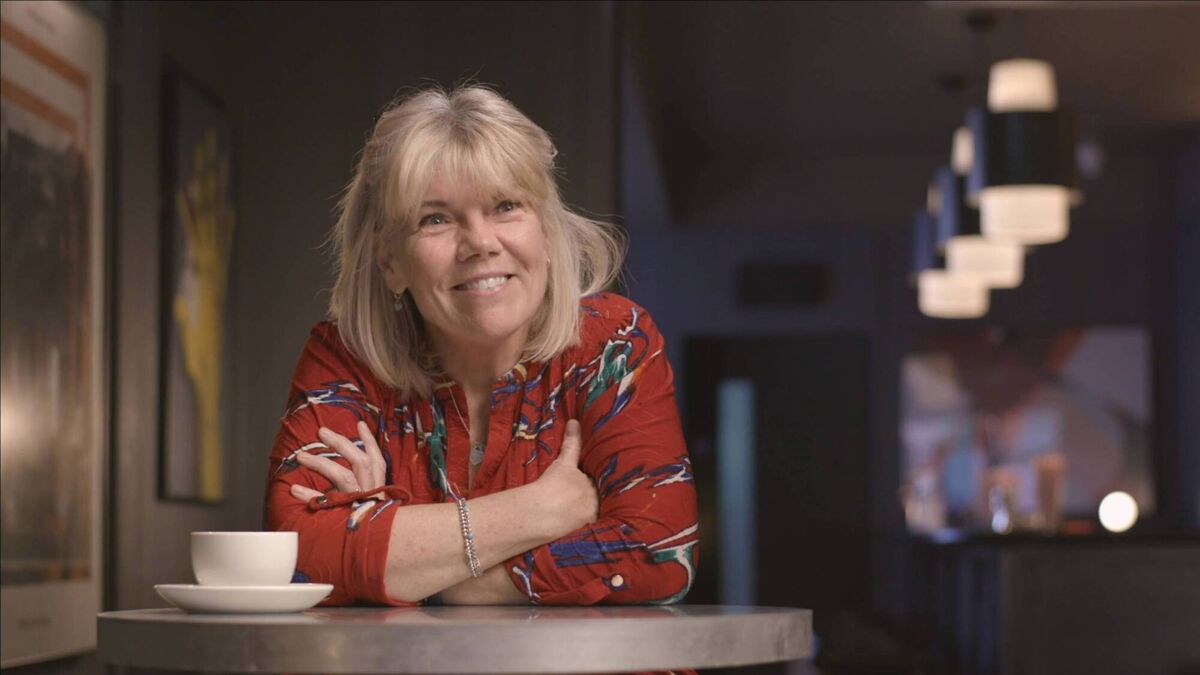
“Sallyanne Brady contacted RTÉ’s , explaining how unhappy she was with the [menopause] treatment she had received from GPs and gynaecologists, and this led to an outcry from Irish women,” says Lundy. “There was so much correspondence that Joe Duffy devoted a whole week to the issue.”
Dr Suzanne O’Sullivan is chair of the institute of obstetrics and gynaecology at the Royal College of Physicians of Ireland and clinical lead of the National Mesh and Complex Pelvic Floor Centre in Cork.
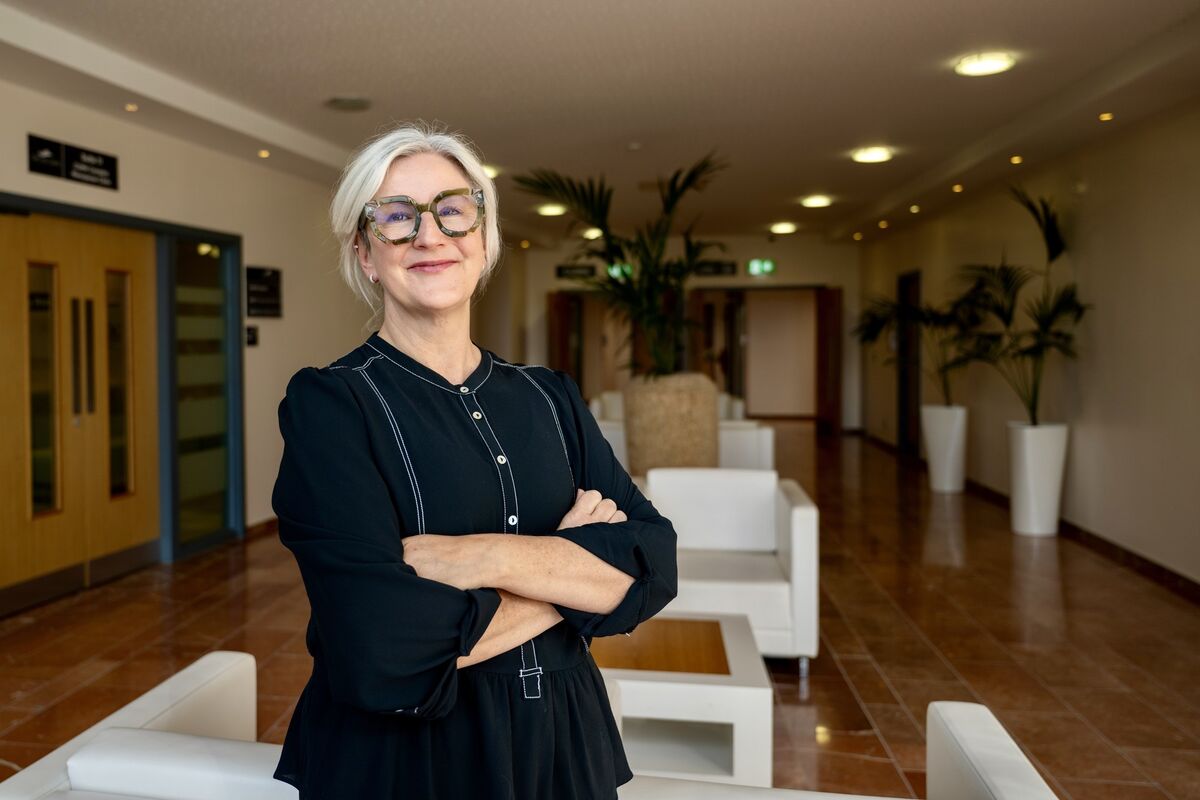
O'Sullivan is the senior author of the which was published in January 2023. She is adamant that all procedures and governance have been tightened.
“However, the pause still hasn’t been lifted,” she says, despite evidence showing that these operations are safe. “They have high success rates, fast recovery times, and low complication rates.”
Professor Susan Smith is a GP in Dublin, a professor of general practice at Trinity College and the chair of Deep End Ireland GPs, a group of doctors working in disadvantaged communities who are campaigning to end inequities in the Irish healthcare system.
